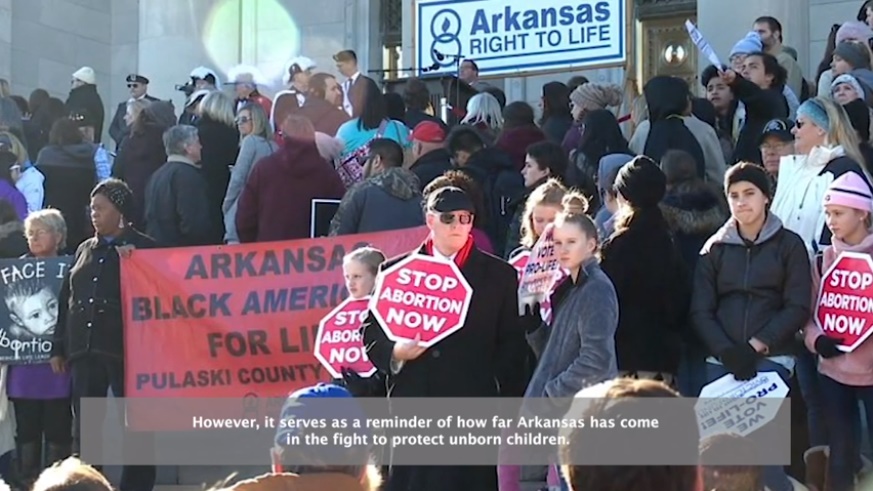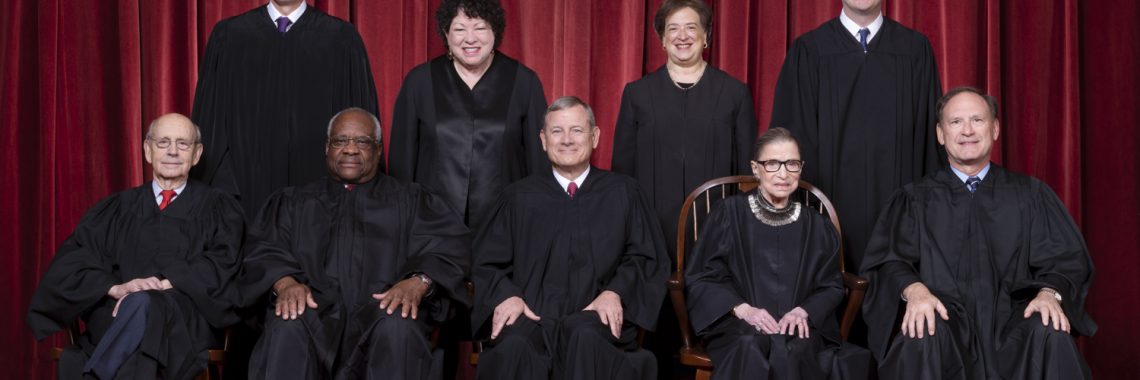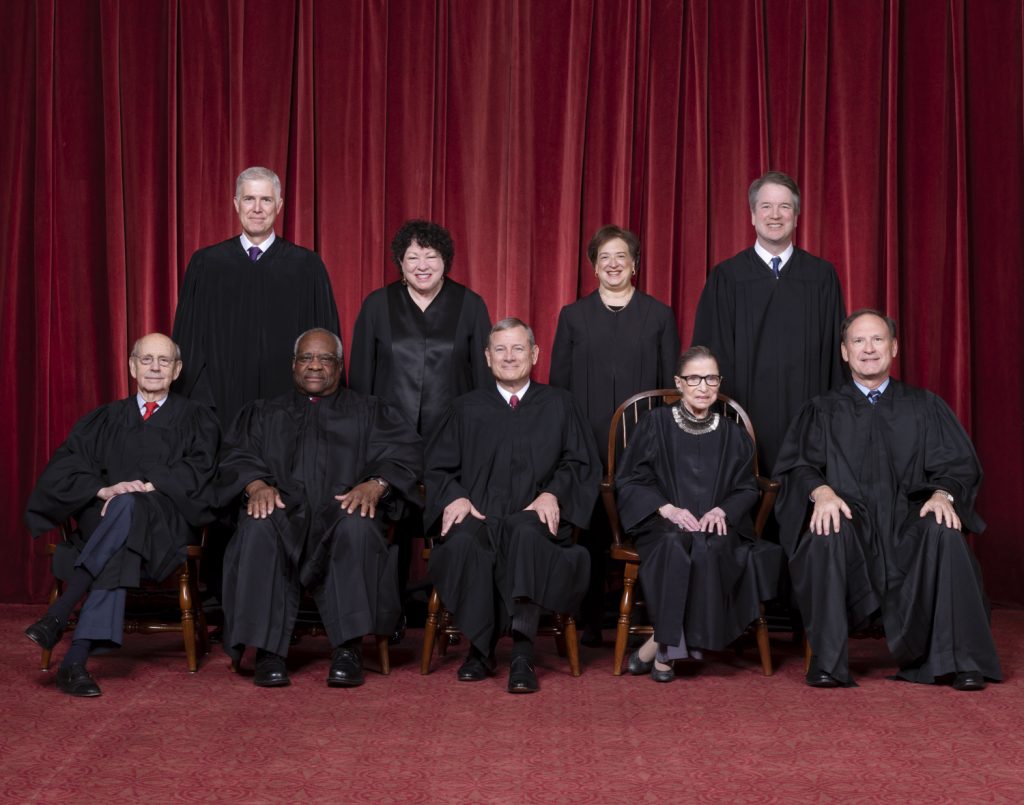Majority of Americans Believe Abortion Should Be Illegal in Most or All Cases: Gallup

This week pollsters at Gallup published yet more evidence that Americans do not support abortion on demand.
Recently we wrote about a Gallup survey that found Americans are split on the morality of abortion.
Gallup reported 47% of Americans surveyed believe abortion is morally wrong while 44% believe it is morally acceptable.
This week Gallup released a second set of survey results showing most Americans (55%) believe abortion should be either completely illegal or legal only in a few circumstances.
According to the poll, 20% of Americans believe abortion ought to be completely illegal, and 35% say it ought to be legal only in a few circumstances.
The poll also found nearly half of all Americans (46%) consider themselves pro-life.
Public opinion polling has shown over and over again for many years that Americans do not support abortion on demand.
A recent poll by CBS News found most Americans believe abortion ought to be either completely illegal or legal under fewer circumstances than it currently is.
Time and again surveys have found Americans oppose abortion on demand — particularly in Arkansas.
These findings just go to show that slowly but surely we are winning the fight to protect innocent human life.
Read Gallup’s full list of survey questions and responses here.



